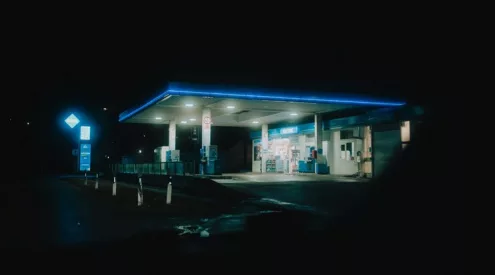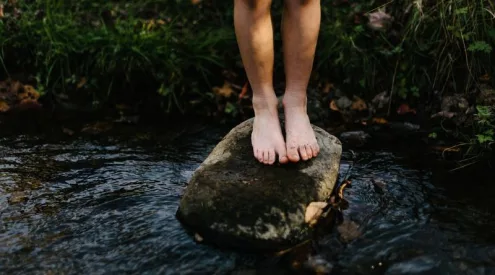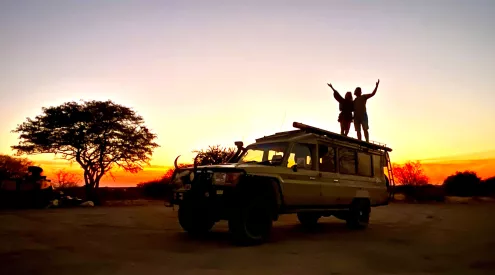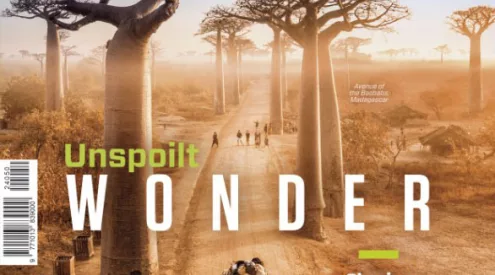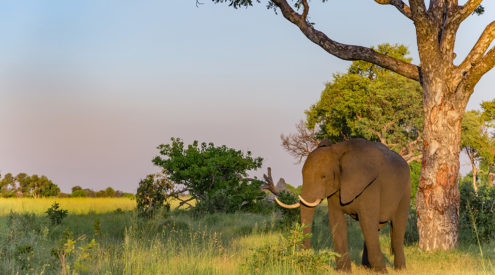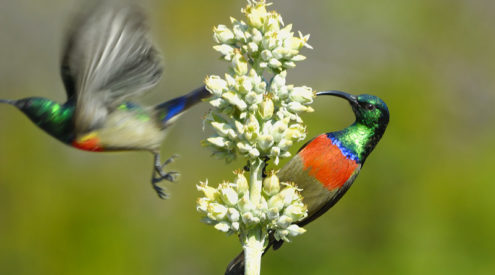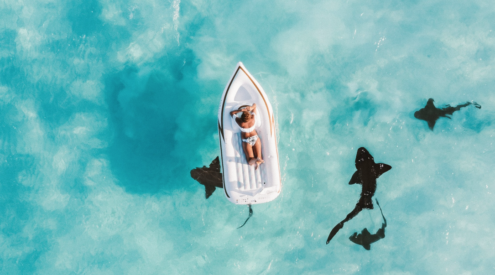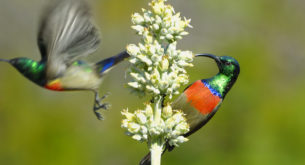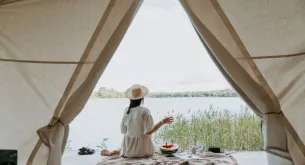The southern buffer regions of the Kruger Park are under threat by a proposed coal-mining project that will threaten the Crocodile River water system.
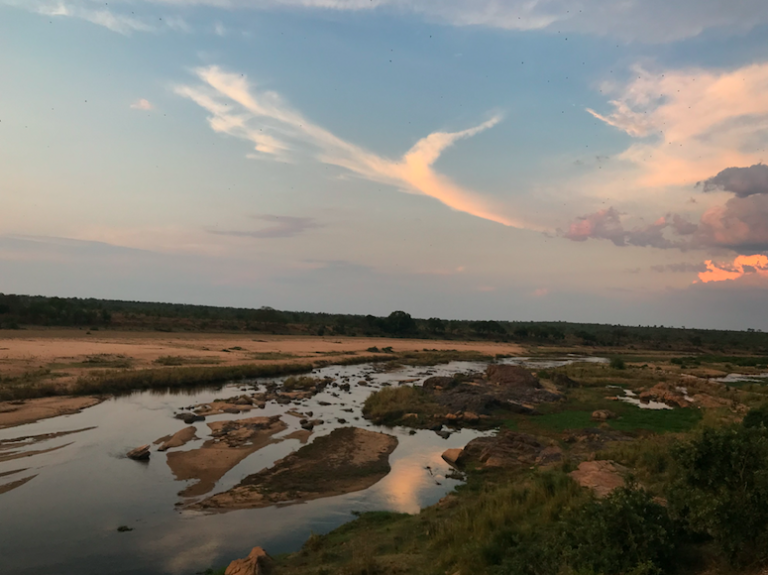
According to IOL, Manzolwandle Investments, based in eMalahleni (Witbank), Mpumalanga, applied for a mining right for coal. The application also includes pseudocoal and torbanite.
The proposed area spans 17,975 hectares, near Komatipoort.
Francois Krige, a land-use scientist at the Mpumalanga Parks and Tourism Agency (MTPA), spoke to IOL and said the consequences of a mining right area this big will devastate the sustainability of resources for the people in and biodiversity of the area.
Cindy Benson of the Marloth Park Ratepayers Association said to IOL, ‘The area will include Marloth Park, Ngwenya Lodge and all the farms (which include sugar cane, bananas, mangos, oranges, etc) all the way to Komatipoort. Marloth, Ngwenya and these farms form the buffer zone of the KNP.’
These areas draw a significant amount of tourists to Mpumalanga per year and the Kruger National Park. Marloth Park is particularly a hotspot as animals roam freely between the houses, B&B, lodges, pool area and so on, which is an exciting sight to witness.
‘Having heavy trucks laden with coal will spell disaster to humans and the wildlife crossing our roads as to injury and fatalities,’ said Benson. Legal action against the proposed project by Marloth Park residents is becoming a possibility.
A bigger concern for the area is how the proposed project will affect the water supply of the Crocodile River.
Speaking to IOL, John Davies, the project co-ordinator for raptor conservation and research at the Endangered Wildlife Trust, said, ‘The Crocodile River is under extreme pressure from water abstraction through various forms including industry, domestic use and agriculture.
‘The addition of a coal mine on this already stressed system would have catastrophic consequences, not only to the natural environment, but also to all residents in the region and associated economic activities.
‘This water source is also critical to Mozambique and lessening the flow of the Crocodile River will place pressure on bilateral agreements between South Africa and Mozambique in terms of the usage and sharing of water resources.’
Benson corroborated this, saying, ‘The most import threat is the impact the coal mine will have on our water. Already we do not have sufficient water. Marloth Park was without any drinking water for four days in the beginning of July.
‘The mine aims to produce approximately 20 million tons of high-grade coal per year, which means that the mine will use approximately 11.62 billion litres of water per year.
‘The Kwena dam is at 40% and the Crocodile River catchment and its tributaries are disastrously low.’
Davies says the potential for water contamination is prevalent, as with most types of mining. ‘Groundwater contamination is also a grave concern as many people rely on boreholes for their water supply.’
Krige says the MTPA is committed, along with Kruger Park and other stakeholders, to ensuring due process is followed during the environmental assessment and/or authorisation process.
If you feel strongly about having this stopped, then add your name to the petition: The Department of Mineral Resources: Stop mining in Kruger National Park, South Africa.
Image: Imogen Searra

